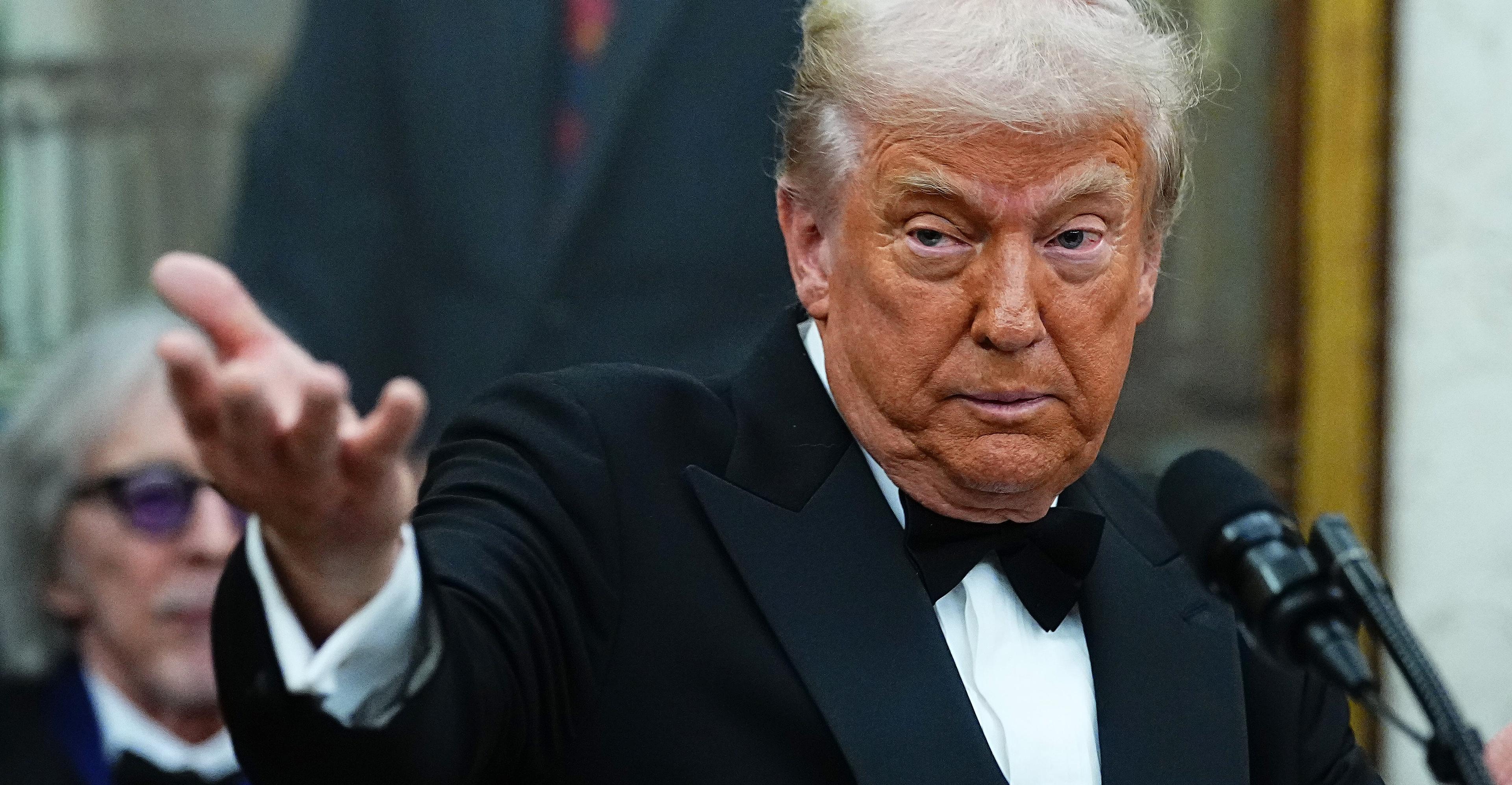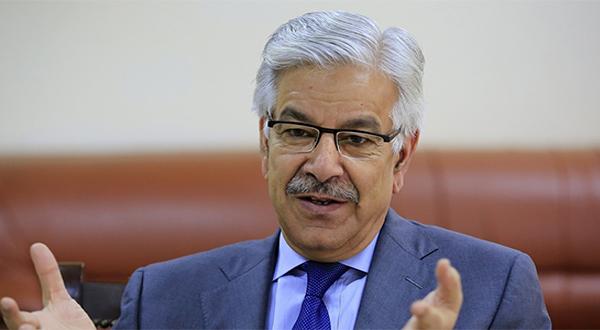The calls for a ceasefire in Gaza are getting louder around the world. In Canada, Foreign Minister Melanie Joly just added her voice, saying “The level of human suffering is catastrophic.” The International Court of Justice has called on Israel to immediately…

Published 2 years ago on May 30th 2024, 12:00 pm
By Web Desk

The calls for a ceasefire in Gaza are getting louder around the world. In Canada, Foreign Minister Melanie Joly just added her voice, saying “The level of human suffering is catastrophic.” The International Court of Justice has called on Israel to immediately halt its offensive in Rafah just a few days after Spain, Norway, and Ireland recognized an independent Palestinian state. That happened just a few days before an Israeli airstrike in Rafah on Sunday killed dozens of Palestinian refugees. Israel called the strike a “tragic mishap” but says the strike also managed to kill two Hamas officials. Israeli Prime Minister Benjamin Netanyahu has repeatedly said that a top goal of his war in Gaza is to eliminate the leadership of Hamas, but Israel is nowhere close to doing so. The top leadership of Hamas is still intact. Today, Explained co-host Sean Rameswaram reached out to Mairav Zonszein, a senior Israel analyst with the International Crisis Group, to talk about the situation. Listen to the full conversation and follow Today, Explained on Apple podcasts, Spotify, Pandora, or wherever you find podcasts. This conversation has been edited for length and clarity. Sean Rameswaram Can you tell us why Israel has failed to destroy top Hamas leadership? Mairav Zonszein When you get down to the nitty-gritty of how the Israel Defense Forces defines the war goals, they specifically talk about taking away the governing and military capabilities of Hamas. We’ve heard a lot of very incendiary rhetoric — destroying Hamas, destroying Gaza — but when you actually break it down, they want to remove Hamas as a power in the Gaza Strip. And they largely haven't been able to do that. There's two main reasons for that. One is that it's very difficult to take apart a non-state terror group that has taken root inside a very small, urban, densely populated area when they've been there for almost 20 years. Hamas has taken many, many hostages; to this day there are over 100 hostages still in Gaza. It seems pretty likely that the Israeli military has had a difficult time getting to Hamas leadership and key players because they probably are surrounded by hostages. And as much destruction and devastation and killing that we've seen, I think there would have been probably even more if those hostages weren't there and they wouldn't have to worry about that collateral damage. So that's one main reason. The other is that Netanyahu specifically had a very clear policy of keeping Hamas in power and also of trying to contain Hamas, because Hamas is a very good excuse for Israel to continue on its path of settlement, expansion, occupation, and rejection of a Palestinian state. As long as Hamas is there, Israel doesn't have to get into any kind of peace process, any kind of serious political negotiation. It doesn't have to take the Palestinian demands for a state, for liberation, for rights as seriously. Even if we assume that Netanyahu is committed to getting rid of Hamas, he has an interest in staying in power now, and the best way to stay in power is to keep the war going on and on. Sean Rameswaram Has it worked at all? Have they gotten any of Hamas's top leadership? Mairav Zonszein They've gotten to some of the senior commanders in charge of certain aspects of the military wing of Hamas, but nobody in the inner circle who makes the decisions. And they are very interested in getting to those people, not just because they're the people making the decisions, but because of revenge, that they need to take these people out in order to have at least a symbolic victory. Sean Rameswaram It sounds like you're saying that it's not really plausible to fully eradicate Hamas. Is that what you're saying? Mairav Zonszein Yes, and there's a few reasons for that. First of all, you have the strongest military in the Middle East fighting for almost eight months now. Let's say half of the casualties — which is over 35,000 — let's say half of those are Hamas militants, it's still not a number that can really take apart an organization necessarily. Maybe it's enough to not allow Hamas to operate as a military anymore or to attack Israeli border communities anymore. That's possible. I think the war goals and the rhetoric were way higher than Israel could have made good on. They promised things that they just couldn't deliver on. Sean Rameswaram How does the United States feel about Israel's strategy with Hamas at this point? Mairav Zonszein In some ways, President Biden has been talking out of two [sides] of his mouth. The US has fully supported Israel — diplomatically, politically, economically, militarily — throughout this war. It also purportedly supports Israel's war goals of getting the hostages back and destroying Hamas. But how Israel has waged its war is where certain former generals and certain Biden administration people have said, you could do it in a different way. As this war has gone on, I think the US — and to some extent in Israel as well — were probably surprised that they didn't make more inroads. As the election year in the US started, they started to realize that they really need to at least provide the appearance of making things better on humanitarian issues. The US has come out and said, You need to have a better plan, you have to figure out who's going to take over. The US and pretty much all of Netanyahu's war cabinet has come out saying, Even where you have been able to take out Hamas, you have nothing to fill that vacuum. There's no alternative. You've rejected any kind of plan. I think the US is very frustrated with the fact that there's no exit strategy, no end game, and no political postwar vision for Gaza. Sean Rameswaram How are Palestinians feeling about Hamas at this point? Mairav Zonszein Before October 7, the highest death rate for Palestinians in 20 years was happening in the West Bank. You have settler militias, you have total restrictions on freedom of movement. They're in a very precarious and horrible place. And the Palestinian Authority that runs certain aspects of life in certain areas of the West Bank has become pretty much complicit in Israel's occupation, so they don't have anyone representing them. So Hamas represents the only entity that has challenged Israel on its very violent and systematic repressive policies. Now, that doesn't mean that people love all of Hamas’s tactics, but Hamas is the only entity that has stood up to Israeli impunity. I think in some ways Israel was hoping that the worse it got for Gazans, the more they would rise up against Hamas. Maybe they were hoping for chaos that would create such havoc that Hamas would have to concede power. Sean Rameswaram Is it all but certain that Hamas will still be standing come the end of this war? Mairav Zonszein It's hard for me to predict because some people in Israel — even putting aside Netanyahu — are really committed to removing Hamas from power, even if it takes years, even if Israel has to be in rolling operations and some form of occupation for many years. You have a real security issue and an internal domestic crisis, that Israelis have lost total confidence in the ability of the state to protect them. And that's a real issue that the political and the military echelon need to deal with. So they're committed to removing Hamas at some level. But there's also a reality to deal with, and I think some military intelligence officials have already understood that Hamas will remain there on some level. The question is, how do you leverage that, or maneuver that, in a way that works? Even if the Hamas current regime somehow surrenders or is exiled or removed at the end of this, there's still going to be Hamas people, Hamas approaches, and Hamas ideology. The Palestinian issue was pushed under the rug, US presidents have completely denied that it is an issue, Israeli prime ministers and consecutive governments and Israeli society have decided that it's not an issue they need to deal with. That hubris and that impunity led us in many ways to October 7, so that's something that Israelis are going to have to reckon with now. The world is reacting very strongly to years of occupation with no price to pay and unfortunately, the price now is very, very high. Correction, May 29, 3:30 pm ET: A previous version of this post included a line suggesting that support for Hamas is rising. While it remains high, support is not rising.
Renowned motorcar stuntman Sultan Golden breaks two world records
- 15 hours ago

We’re running out of good ideas. AI might be how we find new ones.
- 4 hours ago

Tremors felt in Balochistan's Barkhan, surroundings
- 13 hours ago

Gold prices plunge in Pakistan, global markets
- 18 hours ago
Inclusion of Parekh, Misa is a step in right direction for Canada at World Juniors
- 5 hours ago
Erdogan warns Black Sea should not be ‘area of confrontation’ after strikes
- 17 hours ago

3 theories that explain Trump’s collapsing support
- a day ago

The Kennedy Center Honors continue Trump’s vengeance on liberal Hollywood
- a day ago
A great night for Kent, but another stain on the Hall of Fame
- 18 hours ago

The alarming rise in antibiotic use by the meat industry
- a day ago

Anti-state elements to be held accountable: Kh Asif
- 13 hours ago
Pakistan Army remains focused on internal, external challenges: Field Marshal
- 18 hours ago
You May Like
Trending






